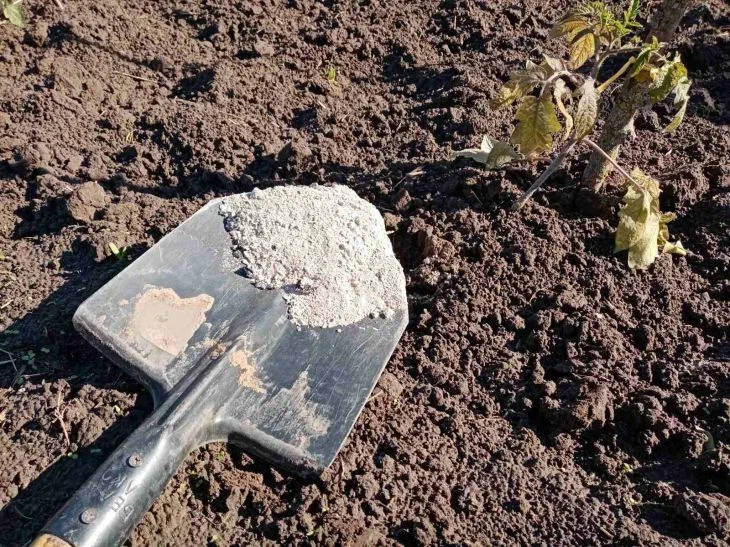Gardeners and vegetable growers know that wood ash is a source of nutrients such as potassium, calcium, phosphorus and other substances necessary for plants.
Fans of ecologically clean farming especially like to add ash in the fall. Many forget about the norm and that not all plants need it.
Anastasia Kovrizhnykh, an expert of the online publication "BelNovosti", a scientist agronomist and landscape designer, told how to properly apply ash in the fall.
Benefits of Ash
This fertilizer is called autumn fertilizer for a reason. The main substances that make up its composition are calcium and potassium, as well as phosphorus.
There are also other substances, in smaller doses.

But the main thing is that the additive does not contain nitrogen, which is not needed by most fruit crops in the fall.
According to various sources, ash helps strengthen the root system, improves the quality characteristics of the soil, increases plant resistance to cold and increases the yield.
In most cases, plants respond positively to the introduction of wood ash. But there are exceptions.
What you can't feed with ash
This applies to all fruit and ornamental plants that grow in an acidic environment.
Norm
When adding ash, it is important to remember that despite the natural origin of the fertilizer, an overdose will negatively affect the development of cultivated plants.
Therefore, on average, it is recommended to apply no more than one handful of ash per square meter of soil.









